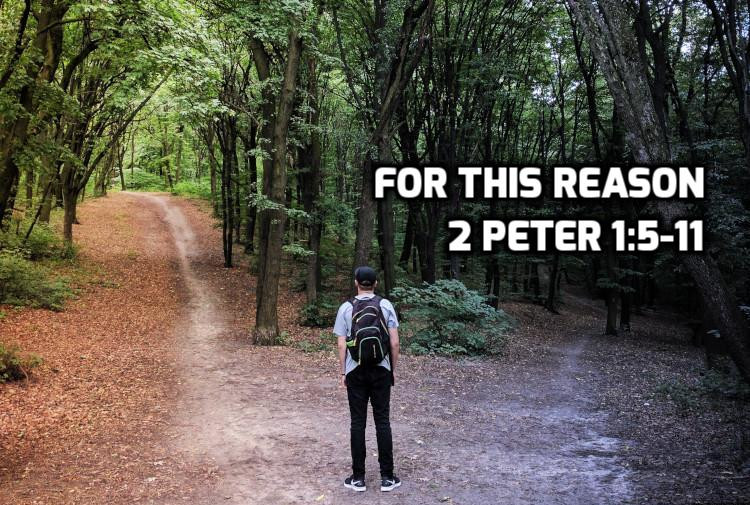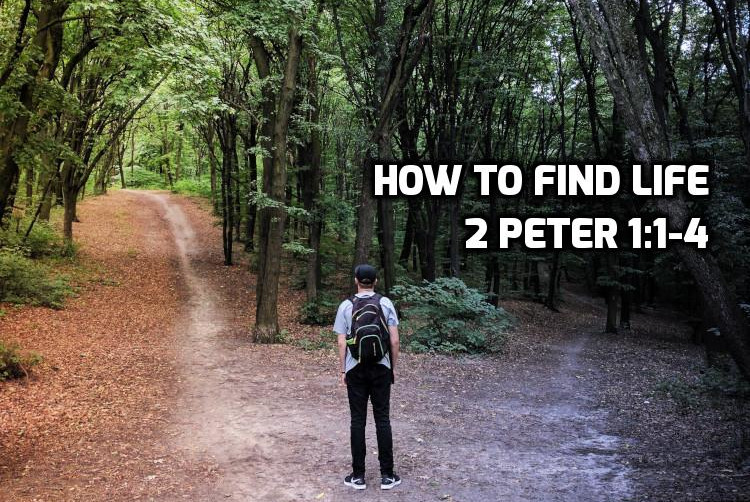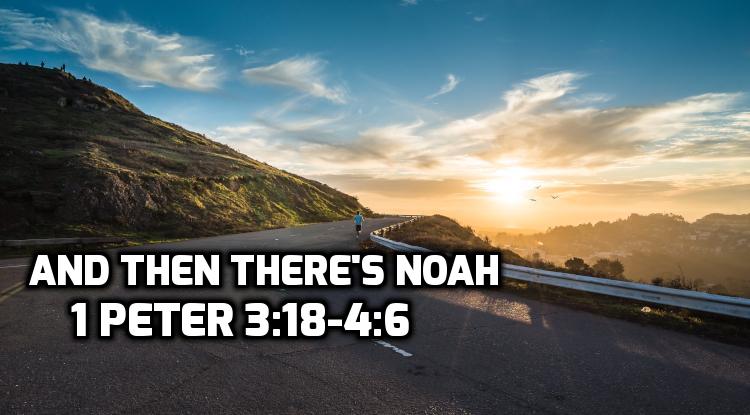
Oct 31, 2018 | 01 Podcasts, Peter
In 2 Peter 1:5-11, Peter explains the connection between believing the gospel and pursuing a lifestyle of godliness. When we come to believe the gospel, these qualities follow. In last week’s podcast, we defined the first 5 terms on the list. In this podcast we’ll finish the list and cover Peter’s conclusion that our lives as believers will be marked by these growing qualities.

Oct 26, 2018 | Collections
Women’s Ministry Resources from 20 years as a Director of Women’s Ministry. Plus a philosophy of women’s ministry.

Oct 24, 2018 | 01 Podcasts, Peter
In 2 Peter 1:5-11, Peter is explaining the connection between believing the gospel and pursuing a lifestyle of godliness. I argued in the previous podcast that these qualities are NOT the cause of spiritual maturity, rather they RESULT from spiritual maturity. When we come to believe the gospel, these qualities follow. In this podcast we’ll define each term in the list and discuss why Peter includes it and how it results from faith.

Oct 17, 2018 | 01 Podcasts, Peter
To understand 2 Peter 1:5-11, we need to know that: 1)Peter is speaking to churches who are bewitched by false teachers who are encouraging them to pursue greed and sensuality; 2)Believing the gospel includes a change in lifestyle.

Oct 10, 2018 | 01 Podcasts, Peter
Peter wrote this letter to churches infected by false teachers to encourage them to remain true to the apostolic gospel. He encourages them to reject both the message and the lifestyle of the false teachers. He starts his case by proclaiming thatin the gospel we have everything we need to obtain Life and godliness. #witw #Biblestudy #2peter

Oct 7, 2018 | 03 Series, New Testament, Peter
Simon Peter served as an apostle of Jesus Christ for 3 or 4 decades. As his earthly life drew to a close, Peter wrote his second letter to encourage and admonish the churches. What truths did he think were so important that he had to make sure he wrote them down before he died? Peter strongly emphasizes our future hope and the return of Christ. Our future hope is more than living forever: it concerns being freed from sin and death and sharing the holiness of God.

Oct 3, 2018 | 01 Podcasts, Peter
Peter concludes his letter by returning to his main theme: Stand firm in the gospel. Peter wrote his first letter give his readers perspective. Our “big picture” –what we believe is true — changes how we think, what we say, and what we do. Peter’s primary concern is to ensure we have the right big picture. He summarizes this theme addressing the leaders of the community.

Sep 26, 2018 | 01 Podcasts, Peter
This section marks the beginning of the end of the letter. In conclusion, Peter returns his main theme of the letter: how you deal with fellow believers and hostile nonbelievers. His answer is in each case you need the right perspective.

Sep 20, 2018 | 01 Podcasts, Psalms
Psalm 1 is classified as a “wisdom” psalm. In many ways it functions as an introduction to the book of psalms.

Sep 19, 2018 | 01 Podcasts, Peter
1 Peter 3:18-4:6 includes one of the more difficult passages in the New Testament. However we understand this section, the context suggests that the main point should be related to patiently enduring suffering for the sake of another.

Sep 12, 2018 | 01 Podcasts, Peter
Peter wraps up the second major section of his letter reminding his readers that the more we embrace the truth of who Jesus is and what he did for us, the less we have to fear. The more we know where life, hope and blessing are to be found, the freer we are to let go of this world.

Sep 5, 2018 | 01 Podcasts, Peter
In his 3 examples, Peter addresses people who are stuck in a binding social relationship which they cannot easily escape. His advice to all 3 situations is the same: As aliens and strangers you are called to live in a hostile unbelieving world. When possible show the unbelievers that you are a person of virtue by behaving in a submissive and respectful way. Love your oppressor so that your faith is not interpreted as rebellion and hostility, and they may see God’s grace through you.












 Krisan Marotta is a Bible teacher and host of Wednesday in the Word, the podcast about what the Bible means and how we know.
Krisan Marotta is a Bible teacher and host of Wednesday in the Word, the podcast about what the Bible means and how we know.